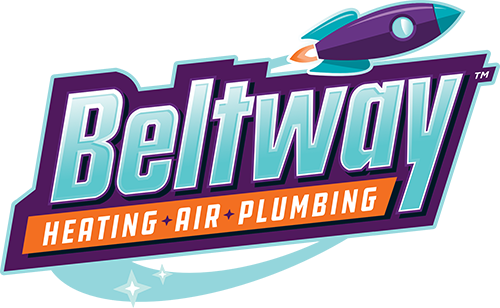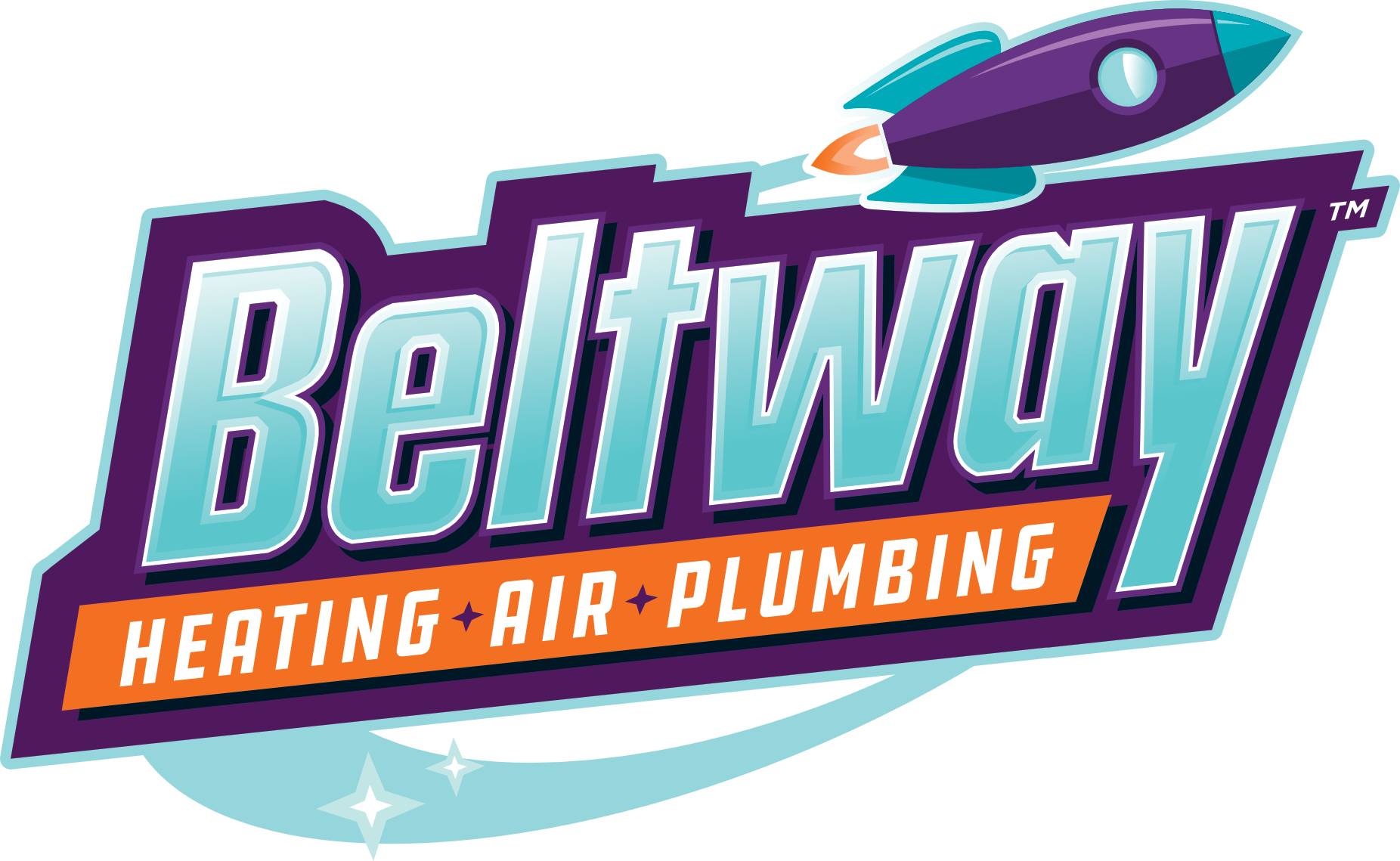One of the most common questions when it comes to home heating and cooling concerns is which equipment is the most efficient. Homeowners often want a simple and clear answer, but the truth is that the question is quite complex. It involves numerous factors and demands context. The most efficient HVAC system in the South, for instance, may not provide enough heat here in Maryland and would therefore not be practical. In order to provide the best possible answer for you, we will break the question down into its most important components and provide you context for each.
Central Heating and Cooling
All of the HVAC systems that are in the discussion for most efficient all have one thing in common, and that is a centralized design. Central systems have ductwork that is normally installed above the ceilings but can also be installed in walls and under the floors. The heating and/or cooling equipment conditions the air, which is then distributed throughout the ducts by force via an air handler. Used air enters the system via one or more intake registers, and the air is provided to individual rooms via exhaust vents. This is a pressurized system that ensures that the air is being distributed evenly throughout the building.
Zoned Heating and Cooling
Although debatable as the technologies continue to evolve, an argument can be made that zoned systems are the most efficient subset of centralized systems. In a traditional central air setup, there is one fixed-speed air handler, and the entire home is a single zone. In a zoned system, the residence is broken up into various zones that can be heated and cooled on an individual basis. Such systems often have a variable-speed air handler, and there can also be multiple air handlers and even multiple heating and cooling units. Zoning allows you to minimize heating and cooling in those areas of the home that are not being used, and that can make a significant difference in total energy used over the long term.
SEER, AFUE, and HSPF
The HVAC industry, along with the federal government, has developed ratings that let you compare energy efficiency across like-technologies. SEER stands for seasonal energy efficiency ratio, and it represents the electrical input to cooling output over a typical cooling season. You can use this value to compare one AC unit to another and determine which is more efficient. Likewise, AFUE—which stands for annual fuel utilization efficiency—lets you compare furnaces and other heating equipment. A furnace with an 80 AFUE rating converts 80% of the fuel it consumes into heat.
Another metric to be aware of is the heating seasonal performance factor. HSPF is used to evaluate heat pumps when they are in heating mode. Heat pumps can cool as well, and SEER ratings are available so that you can compare heat pumps to other heat pumps and air conditioners in regard to cooling. AFUE does not apply, however, since heat pumps transfer heat rather than extract it.
Air Conditioners
Central air conditioners all share one thing in common, and this is the use of electricity. Most work on the same basic premise as well, which involves a compressor, a condenser coil, and an evaporator coil. All three of those components work together to manipulate the refrigerant, which cools the air. The higher the SEER rating, the more efficient the unit will run and the lower your utility costs. Most modern AC units have a SEER rating of at least 13. Air conditioners must have a 14.5 rating to qualify for the ENERGY STAR label. There are SEER ratings as high as 21, but this is where it gets complex because there is absolutely a point of diminishing returns depending on the size of your home and other factors.
Heat Pumps: Air-Source vs. Geothermal
Traditional air-source heat pumps are an excellent alternative to pairing an air conditioner with a furnace if the home is in a moderate climate. If the climate is too cold in winter or too hot in summer, an air-source heat pump will generally be inefficient. Geothermal heat pumps are a newer technology that transfers heat to and from the ground. This technology is in the running for the most efficient HVAC system in a vacuum, and what is interesting about them is that they are well suited to cold climates where traditional heat pumps are not an option. They still come up short in hot climates, however.
Furnaces: Electric vs. Natural Gas
This can be a polarizing aspect of the discussion because it depends on perspective. In terms of pure efficiency and what is best for the environment, electric wins out. AFUE ratings can be as high as 100, and electric is simply a cleaner fuel source. AFUE ratings for gas furnaces get close at 97. However, natural gas is usually the cheaper option, and many people prefer the feel of the heat. In addition, most people are making a choice base on what they have available. If you are already set up for an electric or gas furnace, it usually does not make financial sense to switch to another source.
High-Efficiency Furnaces
Most furnaces have an AFUE rating between 80% and 85%. HE furnaces are able to achieve superior ratings by using a second heat exchanger to recapture some of the loss. These units are absolutely cheaper to run over the long term. However, the difference in initial cost is significant, and the average homeowner cannot justify the savings.
Smart Thermostats and Other Smart Features
The most energy-efficient HVAC systems are smart systems. HVAC systems are getting smarter all the time and being better integrated into the overall smart home. The concept of smart HVAC begins with a programmable automatic thermostat that can adjust your system based on context. This can save you a considerable amount of money, for instance, when the system can dial back the cooling or heat because everyone is asleep. Other smart features include shades that can open and close based on the amount of sunlight and vents that can open and close in the zoned system based on room use.
Humidifiers and Dehumidifiers
Relative humidity is an important component of home comfort. An air conditioner can remove moisture from the air, but in particularly warm environments, a dedicated whole-home dehumidifier can make a big difference. The AC unit does not have to work as hard, and you can be comfortable at a higher temperature. Furnaces, on the other hand, tend to dry out the air. A whole-home humidifier not only improves indoor air quality but allows you to heat your home comfortably at a lower temperature.
Your Local HVAC Pros in Maryland
Beltway Air Conditioning, Heating & Plumbing is a leading HVAC company that is proud to serve homeowners and businesses in Hanover and throughout the surrounding areas. Our company designs, installs, services, and repairs heating and cooling systems for residential and commercial clients throughout the region. We also specialize in air purifiers and whole-home humidifiers. If you have any questions about our services or would like to schedule an appointment or on-site consultation, call us today or contact us online.




